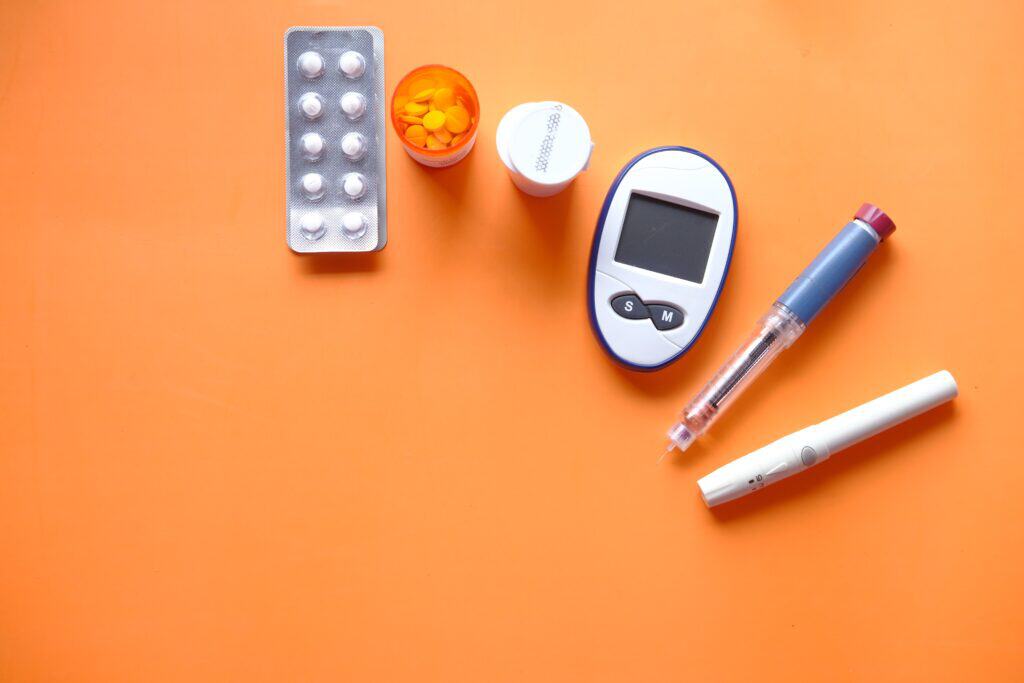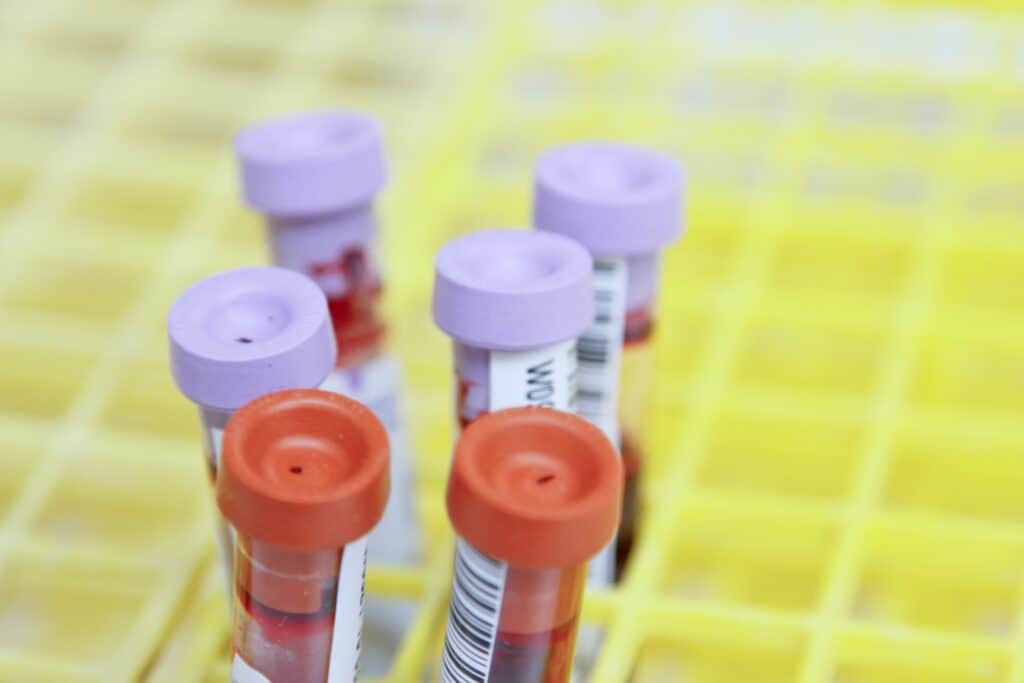When it comes to monitoring our overall health, there are various tests that can provide valuable insights. One such test is the Creatinine blood test, which plays a crucial role in assessing kidney function. In this article, we will delve into the function of Creatinine in the body, how the blood test works, why it is important to get tested, what normal and abnormal results indicate, and steps that can be taken to ensure better kidney health.
The Function of Creatinine in the Body
Creatinine is a waste product that is produced by the muscles during their normal breakdown. It is filtered out of the blood by the kidneys and excreted through urine. The level of Creatinine in the blood is a direct reflection of how well the kidneys are functioning. When the kidneys are healthy, they efficiently remove Creatinine from the blood, maintaining a stable level. However, if the kidneys are not functioning properly, the levels in the blood can rise.
How a Creatinine Blood Test Works
A Creatinine blood test is a simple and common procedure that measures how much you have in your blood. The test involves drawing a small sample of blood, usually from a vein in the arm. The blood sample is then sent to a laboratory for analysis. The results of the test provide valuable information about kidney function and can help diagnose various kidney-related conditions.
Why Get Tested?
Getting tested for Creatinine levels is important for several reasons:
- To assess kidney function: The Creatinine blood test is a reliable indicator of how well the kidneys are functioning. Abnormal Creatinine levels can indicate kidney damage or disease.
- To monitor chronic kidney disease: For individuals with known kidney problems, regular Creatinine testing is essential to monitor the progression of the disease and determine the effectiveness of treatment.
- To evaluate medication dosages: Certain medications, such as those used to treat high blood pressure or diabetes, can have an impact on kidney function. Regular Creatinine testing helps ensure that medication dosages are appropriate.
Normal and Abnormal Results
Normal Creatinine levels vary depending on factors such as age, gender, and muscle mass. In general, a normal range for Creatinine in the blood is:
- For adult males: 0.6 to 1.2 milligrams per deciliter (mg/dL)
- For adult females: 0.5 to 1.1 milligrams per deciliter (mg/dL)
Abnormal Creatinine levels can indicate kidney dysfunction or disease. High levels may suggest impaired kidney function, while low levels may indicate decreased muscle mass or other underlying health issues. It is important to consult a healthcare professional for a proper interpretation of the results.
Proper Kidney Function and Steps for Better Kidney Health
Proper kidney function is vital for maintaining overall health and well-being. To ensure better kidney health, consider the following steps:
- Stay hydrated: Drinking an adequate amount of water helps flush out toxins and waste products from the body, reducing the burden on the kidneys.
- Eat a balanced diet: A diet rich in fruits, vegetables, whole grains, and lean proteins provides essential nutrients and supports kidney health.
- Exercise regularly: Regular physical activity helps maintain a healthy weight, reduces the risk of chronic conditions, and promotes overall kidney health.
- Avoid excessive alcohol consumption: Alcohol can have a detrimental effect on the kidneys, so it is important to drink in moderation.
- Avoid smoking: Smoking damages blood vessels and impairs kidney function. Quitting smoking can significantly improve kidney health.
- Manage chronic conditions: Conditions such as diabetes and high blood pressure can contribute to kidney damage. Proper management of these conditions is crucial for kidney health.
By following these steps, you can take proactive measures to support your kidney health and reduce the risk of kidney-related complications.
The Creatinine blood test is a valuable tool for assessing kidney function and detecting potential kidney problems. By understanding the function of Creatinine in the body, how the blood test works, and the significance of normal and abnormal results, individuals can take proactive steps to ensure better kidney health. Remember, regular testing, along with adopting a healthy lifestyle, is key to maintaining optimal kidney function and overall well-being. Speak with your physician to obtain a requisition to get tested at a Bio-Test Laboratory location near you!





